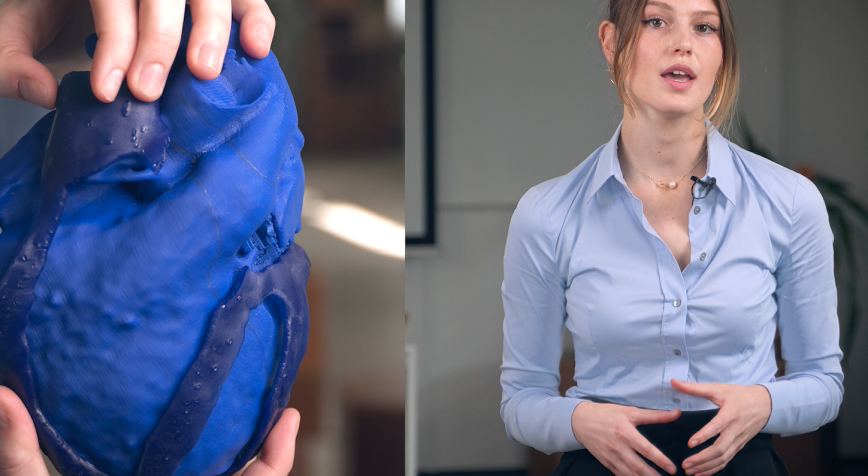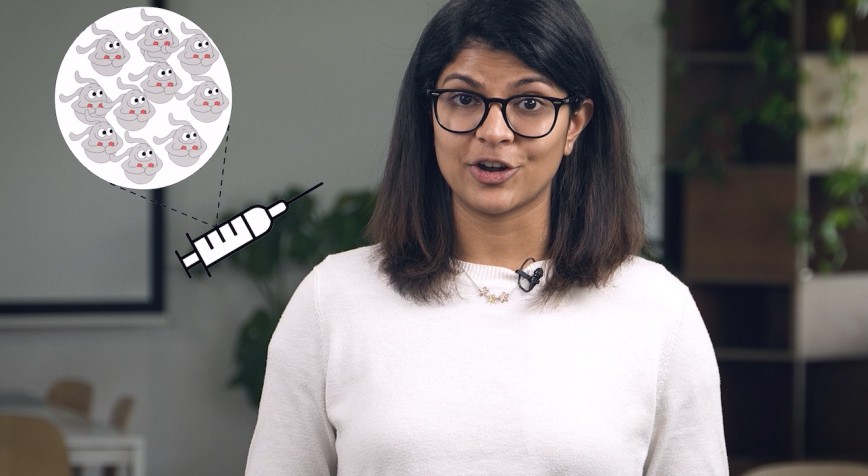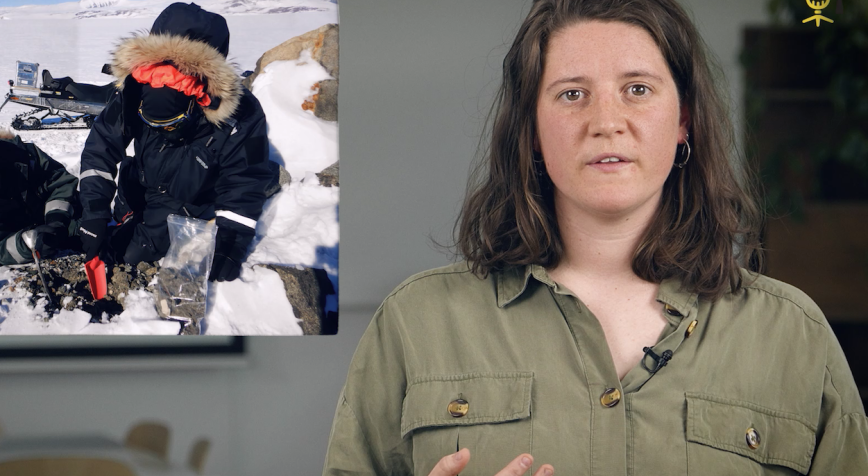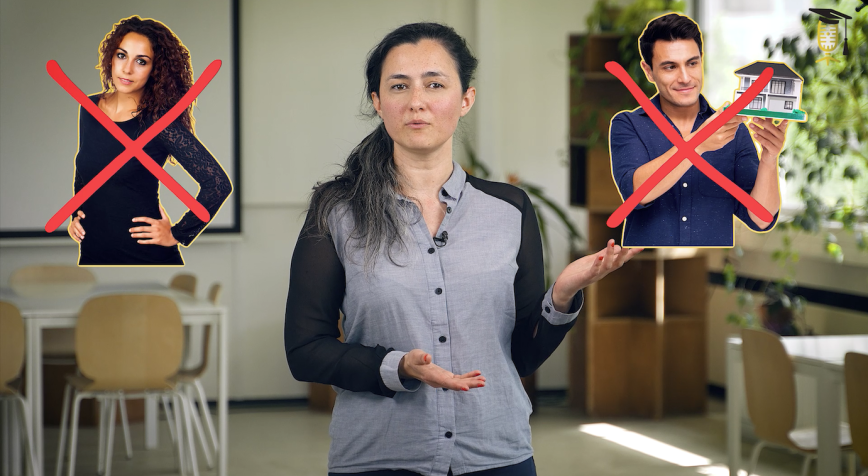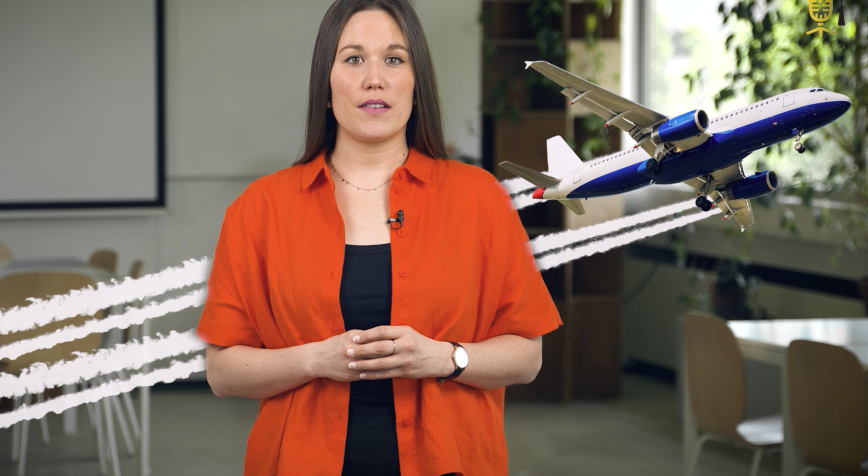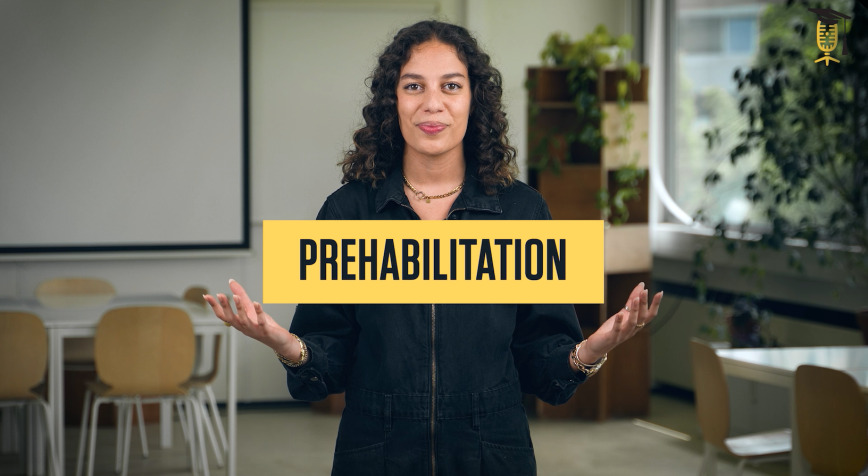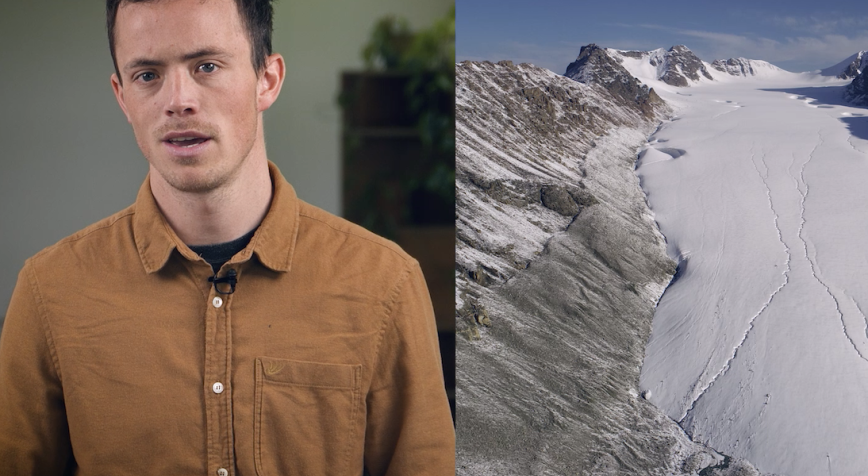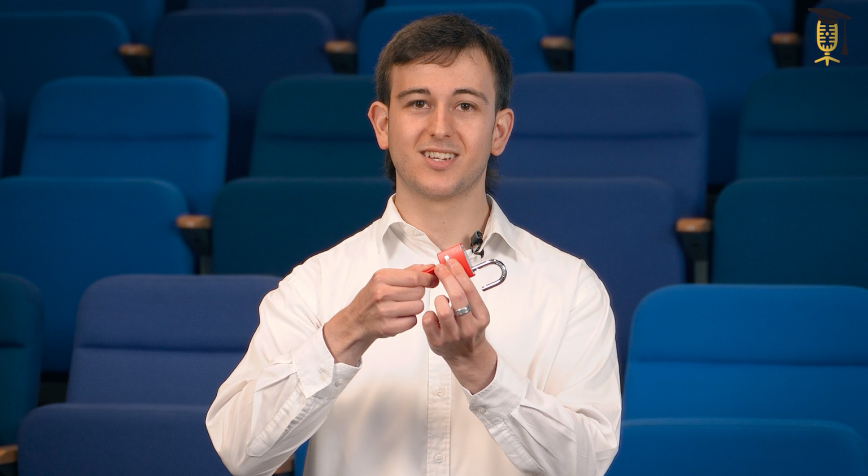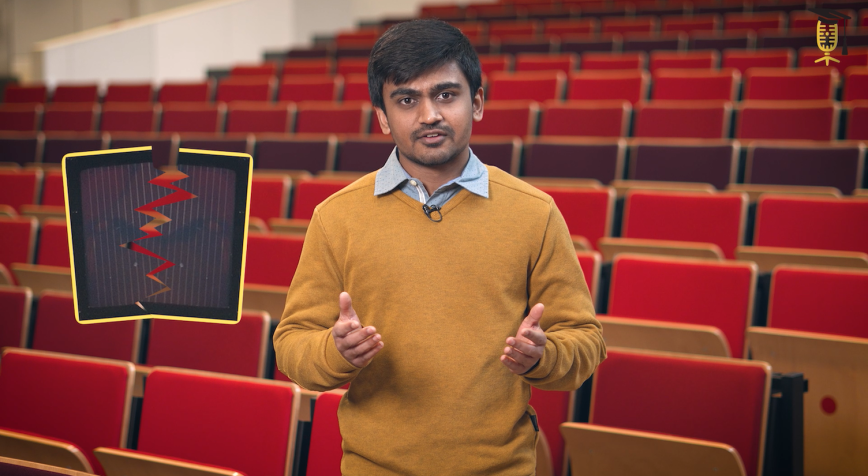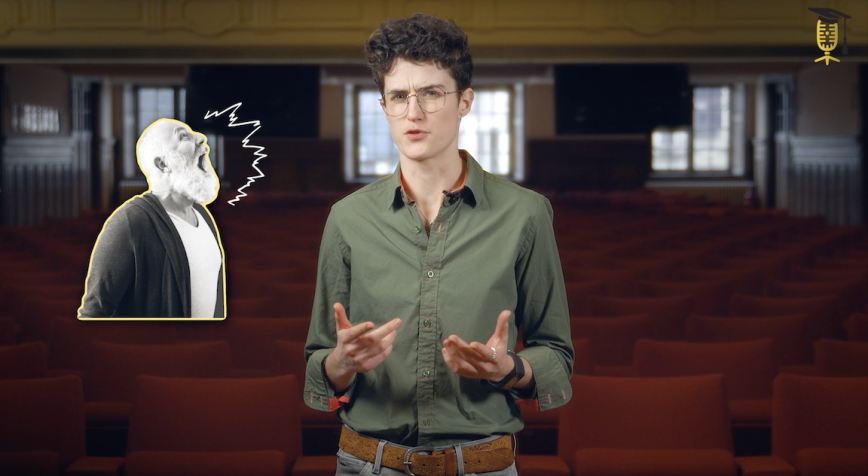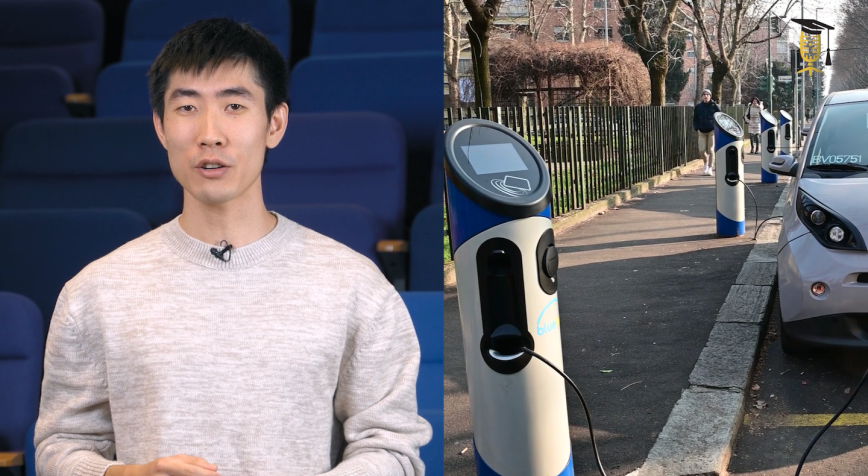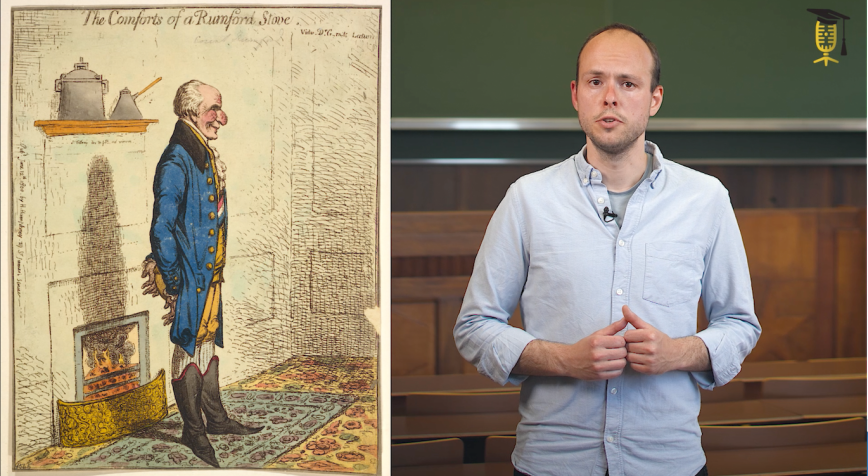
UAntwerpen
VUB
Lessons from our coal past
Since we chose coal en masse at the end of the 18th century, we have never moved away from fossil energy. Why did we ever take that step? To find out, Wout Saelens (UAntwerpen - VUB) dives into the past. Via inventories, he studies the contents - think hearths, stoves, and cookers - of 18th-century houses.
